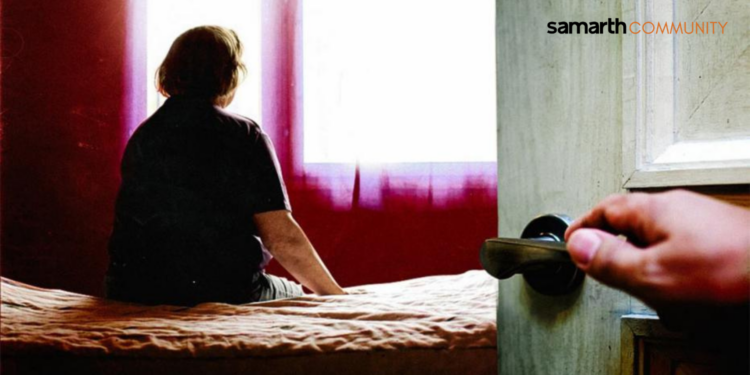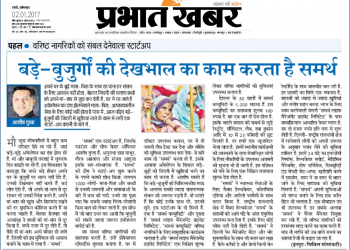Globally, elder abuse is more widespread than one may imagine: according to the WHO, 15.7% of elders have experienced some kind of abuse. While this percentage is lower in India (5.22%), it is worrying that instances of elder abuse increased during the pandemic.
The fact remains that risk of abuse is closely linked to a lack of independence, as a lack of independence leaves one vulnerable to exploitation. We recently surveyed Samarth Community members on their state of financial, social, emotional, and physical independence to gain insights on vulnerability to abuse. Key findings were:
- 92% of seniors think it is very important to manage their own finance, but 15% specifically mentioned a lack of control over their funds as a challenge in being financially independent.
- Only 20% of seniors felt that they had abundant social and emotional support, and 40% said that social or emotional considerations prevented them from acting as per their own wishes.
- 95% of seniors feel it is important to remain in their current living community as they age, and one in five mentioned that they would rely on their neighbours to help them if they were in trouble.
In addition to the issue of incidence of abuse, there is often a struggle to acknowledge or report it. Part of the reason is that people may not be fully aware of what constitutes elder abuse.

Join Now >
Types of Elder Abuse and Warning Signs
There are 4 main types of elder abuse, and each has warning signs that one should watch out for.
Physical abuse
- Injuries or bruises
- Refusal to allow visitors to the elder’s home
Emotional or verbal abuse
- Anxiety
- Depression
- Withdrawal from family, friends, and other loved ones
Neglect
- Weight loss or malnutrition
- Bad hygiene
- Missing medical aids (For example, lack of hearing aids even if they cannot hear, or no walkers to aid their walking, etc.)
- Unsanitary living conditions
- Bed sores
Financial abuse
- Unexplained bank withdrawals or transfers
- Unauthorised use of cards or cheques
- Abrupt changes in Will or property-related documents
- Disappearance of valuables
Of all the kinds of elder abuse, a study found that instances of verbal abuse were the highest (10.2%), followed by financial abuse (5.4%), physical abuse (5.4%), and neglect (5.2%).
If you notice any of these signs in elders around you, it is recommended that you have a discussion to see if they need help and report the matter.
Reporting Elder Abuse
There are various avenues for reporting Elder Abuse, including a National Helpline for Senior Citizens that Samarth has helped set up in Jammu & Kashmir and Rajasthan. Here are resources to use to report elder abuse:
- Senior Citizens National Helpline, Government of India Toll-Free Number: 14567
- National Emergency Number: 112
- Elder’s Helpline Elder Line: 1090
OR
- At the nearest police station








